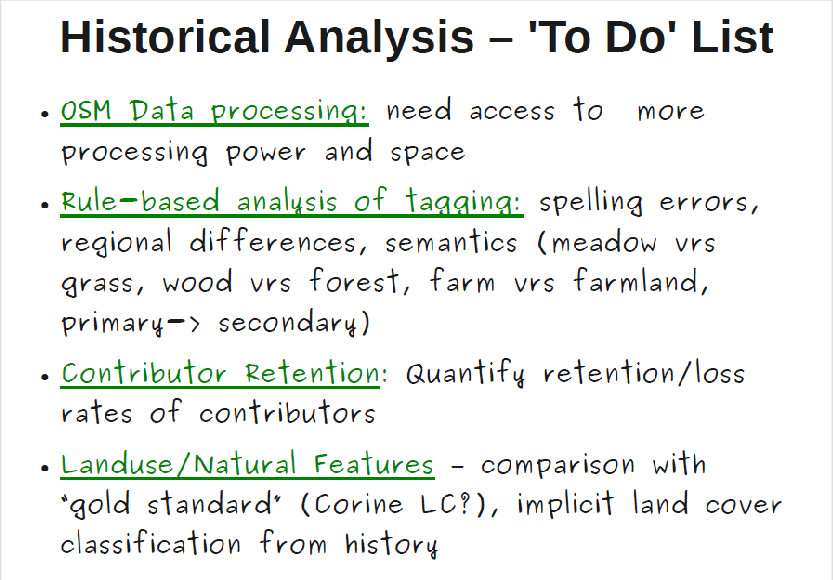List Of Contents
- 1 Introduction
- 2 The Importance of Historical Analysis
- 3 Methodologies in Historical Analysis
- 4 Challenges in Historical Analysis
- 5 The Role of Technology in Historical Analysis
- 6 Case Studies in Historical Analysis
- 7 Historical Analysis in Education
- 8 Impact of Historical Analysis on Society
- 9 The Future of Historical Analysis
- 10 Conclusion
- 11 Author
Historical analysis, the process of examining and interpreting past events, is a crucial discipline in understanding the complexities of human society. It involves a meticulous examination of historical data, artifacts, records, and narratives to reconstruct what happened in the past. This 1000-word article explores how historical analysis helps us comprehend our past, learn from it, and apply these learnings to shape a better future.
Introduction
The study of history is not merely about memorizing dates and events; it is a deep analysis of our collective past, designed to offer insights into our present and future. Historical analysis enables us to understand the context of past events, the dynamics of human interactions, and the evolution of societies, cultures, and civilizations.
The Importance of Historical Analysis
Understanding Societal Changes
Historical analysis helps us understand how societies evolve over time. By studying past events, we can comprehend the causes of societal changes and the impact they have had on the modern world.
Learning from Past Mistakes
One of the primary benefits of historical analysis is learning from past mistakes. By examining the errors and misjudgments of the past, we can avoid repeating them in the future.
Cultural and Identity Formation
Studying history is integral in forming cultural identities. It gives people a sense of belonging and understanding of their cultural heritage and historical roots.
Methodologies in Historical Analysis
Primary and Secondary Sources
Historians rely on primary sources (first-hand accounts, letters, official documents) and secondary sources (later interpretations and analyses) to gather evidence about the past.
Interdisciplinary Approaches
Modern historical analysis often involves interdisciplinary approaches, incorporating insights from archaeology, anthropology, sociology, and even the natural sciences.
Chronological and Thematic Analysis
Historical analysis can be chronological, studying events in the order they occurred, or thematic, focusing on specific themes or aspects over different periods.
Challenges in Historical Analysis
Bias and Subjectivity
One of the challenges in historical analysis is overcoming biases and subjectivities in sources. Historians must critically evaluate sources, considering their context and potential biases.
Incomplete Records
Often, historical records are incomplete or lost. Historians must then piece together the past from the fragments that remain, which can sometimes lead to speculative interpretations.
Changing Interpretations
Historical interpretations can change over time as new evidence emerges and societal values shift. This fluidity is a fundamental aspect of historical analysis.
The Role of Technology in Historical Analysis
Digital Archives
The digitization of historical documents has revolutionized historical analysis, making vast amounts of data accessible to researchers worldwide.
Analytical Tools
Technological advancements in data analysis and visualization tools allow historians to analyze and interpret historical data more effectively.
Archaeological Technology
Technologies like GIS (Geographic Information Systems), remote sensing, and radiocarbon dating have enhanced the accuracy of archaeological and historical research.
Case Studies in Historical Analysis
Examining World Wars
The analysis of World Wars I and II offers insights into the causes and consequences of global conflicts, the dynamics of international relations, and the impact on contemporary geopolitics.
The Industrial Revolution
Studying the Industrial Revolution helps us understand the transition to modern economies, technological advancements, and the social changes they brought about.
Civil Rights Movements
Analyzing civil rights movements provides critical insights into social justice issues, the struggle for equality, and their implications in current societal structures.
Historical Analysis in Education
Developing Critical Thinking
Studying history enhances critical thinking and analytical skills. It encourages students to question, compare sources, and develop reasoned arguments.
Multicultural Understanding
Historical education promotes multicultural understanding and tolerance by exposing students to different cultures, perspectives, and historical experiences.
Impact of Historical Analysis on Society
Informing Public Policy
Historical analysis can inform public policy by providing context for current issues and helping policymakers learn from past successes and failures.
Preserving Cultural Heritage
By understanding and preserving cultural heritage, historical analysis contributes to maintaining the diversity and richness of human cultures.
Shaping Collective Memory
Historical analysis plays a crucial role in shaping collective memory, influencing how societies remember and interpret their past.
The Future of Historical Analysis
Emerging Areas of Study
Areas like environmental history and digital history are emerging, expanding the scope and methodology of historical analysis.
Global Perspectives
There is a growing emphasis on incorporating global perspectives in history, moving away from Eurocentric or nation-centric narratives.
Public Engagement
Historians are increasingly engaging with the public through museums, documentaries, and digital platforms, making history more accessible and relevant.
Conclusion
Historical analysis is not just an academic pursuit; it is a vital tool for understanding the human condition. By reconstructing the past, it provides valuable lessons, fosters cultural understanding, and helps in shaping a better future. In a world where the past often informs the present, the importance of historical analysis cannot be overstated. It empowers us to comprehend our danatoto journey

